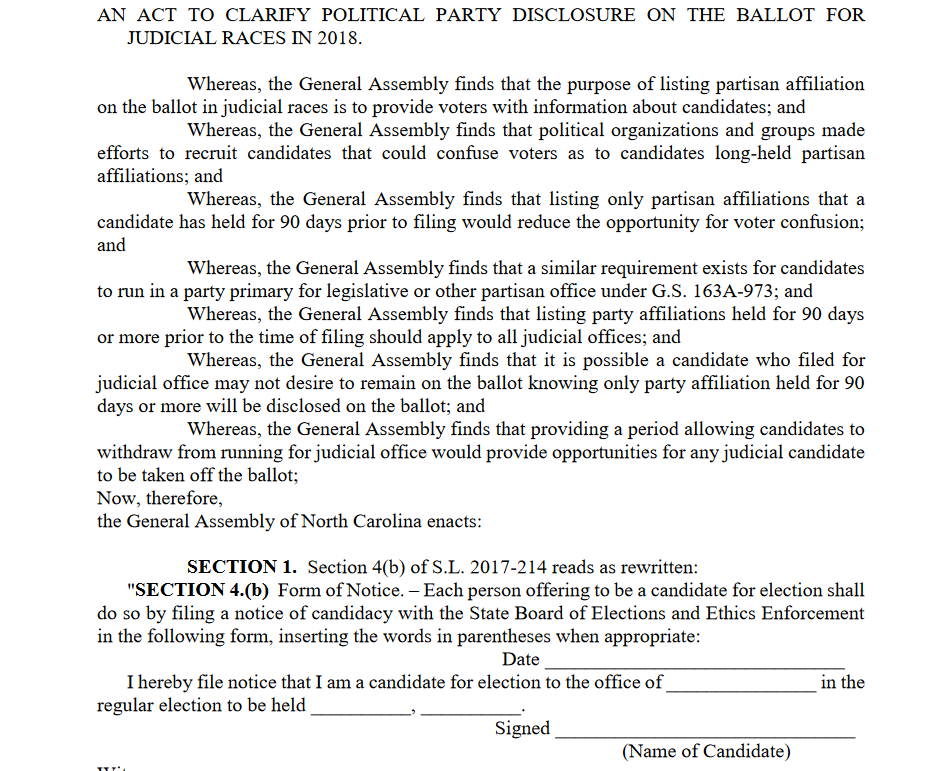Today Taki’s Magazine posted an article titled, “The Bus Never Stops.” The article deals with some of the changes in our social contracts in recent years and how one thing tends to lead to another.
The article reports:
SOMERVILLE, Mass.—Under its new domestic partnership ordinance, the city of Somerville now grants polyamorous groups the rights held by spouses in marriage, such as the right to confer health insurance benefits or make hospital visits. —New York Times, July 5, 2020
First they told us that homosexuality was normal and that there was no need for anyone to be afraid of the ramifications of treating them as normal, even though only about 2 percent of the population are homosexual—giving new meaning to the word “normal.” About 1 percent of babies are born with a heart defect, but we don’t call that normal.
Doubters said that treating as normal people as different as homosexuals would have consequences. First thing—or maybe second thing—they would want to get “married” and have their “marriages” treated as normal.
The article then details the progression that led to gay marriage being legalized:
“Not a prayer,” was the general response. In 1994, according to the Associated Press, Joe Biden joined other senators in voting to “cut off federal funds to any school district that teaches acceptance of homosexuality as a lifestyle.”
In 2006, Biden told CNN: “Look, marriage is between a man and a woman.”
Also in 2006, Biden said, “We already have a law, the Defense of Marriage Act…. Why do we need a constitutional amendment? Marriage is between a man and a woman.”
“The left is out to remake society, uprooting and tearing down all customs and standards—not just statues.”
And, during the October 2008 vice presidential debate, Biden said that “[neither] Barack Obama nor I support redefining from a civil side what constitutes marriage.”
Moderator Gwen Ifill pressed: “Let’s try to avoid nuance, senator. Do you support gay marriage?” Biden answered simply, “No.”
In 2008 Barack Obama said, “I believe that marriage is the union between a man and a woman. Now, for me as a Christian—for me—for me as a Christian, it is also a sacred union. God’s in the mix.”
But in 2010 Obama was already becoming woke: “And I think that it [same-sex marriage] is an issue that I wrestle with and think about, because I have a whole host of friends who are in gay partnerships. I have staff members who are in committed, monogamous relationships, who are raising children, who are wonderful parents.”
The article notes the next expected progression:
Now the question is, what’s next? Or perhaps, what’s left? The left is out to remake society, uprooting and tearing down all customs and standards—not just statues.
What’s next? What’s wrong, really, with having children watch pornography? It’s everywhere, and there’s essentially no effort to eliminate it. How do we know that? Because there is no serious effort by Republicans to stop it.
And if children can watch it, why shouldn’t they do it? What’s the effective difference?
And what’s wrong, really, with sex with children, so long as there’s an adult in the room?
“Don’t be absurd,” you say. But you said that years ago when homosexuality was normalized. And again when homosexual marriage was normalized. Now when polyamorous relationships are normalized, are you saying that we have reached the terminus: that the bus stops here?
Please. The bus never stops. Unless someone stops it.
The article concludes:
Not only would Biden not stop child pornography, he’d probably go along with criminalizing any effort to stop it. People who object to polyamorous relationships, and to child sex, will be accused of hate crimes, like the people who objected to painting the streets with big yellow Black Lives Matter signs.
It’s just a matter of time. The bus never stops.
Unless someone stops it.
That is another reason to vote for President Trump in November.



